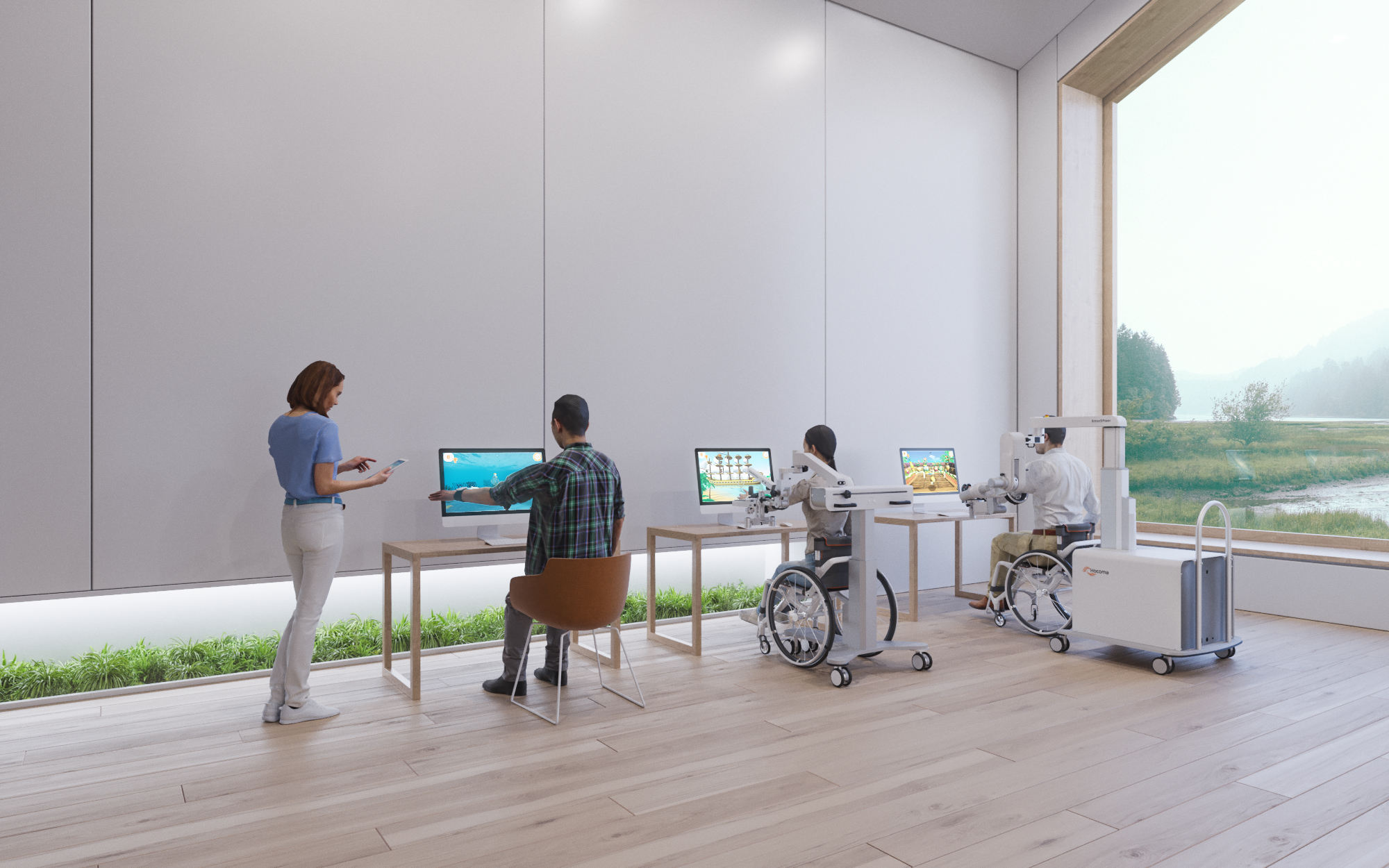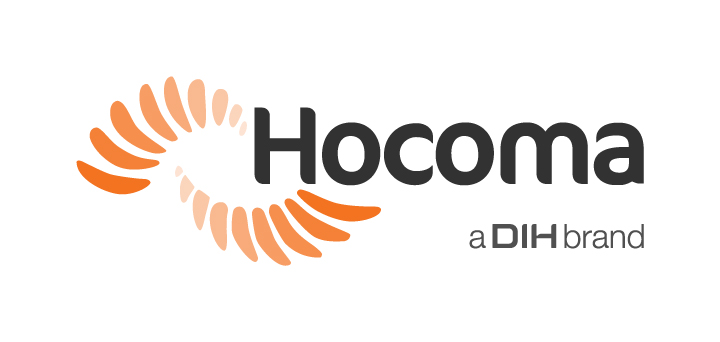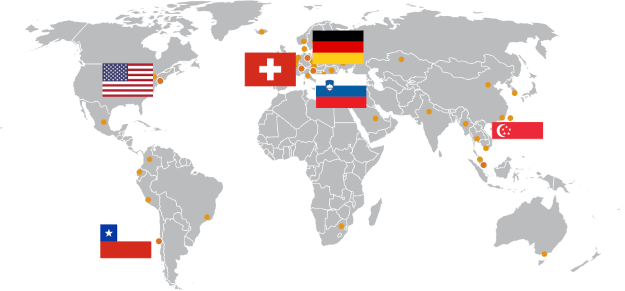
With 770 participants enrolled, RATULS is the largest trial on upper limb robotic rehabilitation. The conclusion of the study states that “Robot-assisted training did not improve upper limb function after stroke compared with usual care for patients with moderate or severe upper limb functional limitation”. The device used in the study, InMotion, is an end-effector device that only allows 2D movements and is best suited for moderately impaired patients.
However, the study suffers from the most common bias typically seen in robotic trials:
(1) It administers robotic therapy with just one specific device and then generalizes the results to all forms of robotic therapy
(2) The primary outcome measure is not exactly focused on the functions trained by the robot (ARAT assesses mainly hand functions, while InMotion does not train grip or pinch)
(3) The robotic treatment is not customized to the individual patients, but it follows a standard protocol regardless of patients’ improvements
Studies on robotic rehabilitation should consider what technology can add to patient’s treatment, with equal staff resources, considering robotics as a tool to provide more intensive therapy and motivating feedback. The primary outcome measure should assess the function(s) trained with the robot. Robotic treatment, like any other treatment, should be challenging and customized to each patient.
Link to the original publication on the state of the art and perspectives of robotics in post-stroke rehabilitation for upper limb recovery:
Link to original publications of the RATULS trial and RATULS protocol:


